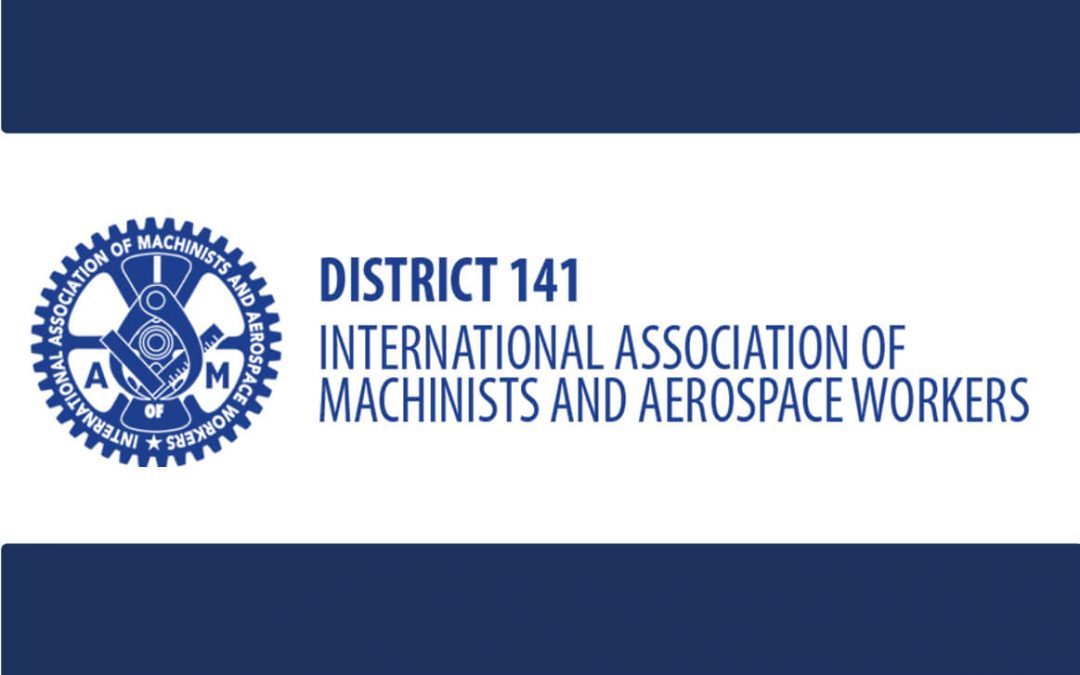Mar 7, 2015 | Organizing |
Under the law, all workers look alike, regardless of skin color or ethnicity.
Title VII of the Civil Rights Act of 1964 prohibits employment discrimination based on race, color or national origin by a private employer, state or local government or educational institution with 15 or more employees for 20 or more weeks a year.
If you think you have been discriminated against because of your race or ethnicity, you may file employment discrimination charges as an individual or as part of a group (known as “class action”) with the Equal Employment Opportunity Commission. The charges must be filed on an EEOC form within 180 days of the alleged discriminatory act. If you are represented by a Union, contact your Union steward, who can help you file charges. Federal employees must file discrimination charges within their own agency.
You also have a right to file a complaint on a form with the Equal Employment Opportunity Commission, a federal agency that works to protect you from discrimination based on age, sex, race, color, national origin, religion or disability. You can file a charge by calling 800-669-4000 for more information (800-669-6820 for the hearing impaired). All charges must include:
- Your name, address and telephone number.
- Your job title.
- A brief description of the problem.
- When the incident(s) occurred.
- The type of discrimination you encountered.
For more information, visit the EEOC question-and-answer page about discrimination.
For additional resources, visit:
Frequently Asked Questions on the U.S. Department of Justice’s Civil Rights Division site.
Facts About National Origin Discrimination at the EEOC site.
AFL-CIO Civil and Human Rights site, which includes links.
Download the Working for America Institute Publication, Promoting Diversity: Means Testing the Employment Tests.
The NAACP site.
The site of the Mexican American Legal Defense and Education Fund (MALDEF).
The Leadership Conference on Civil Rights site.
AFL-CIO constituency group sites, including:
A. Philip Randolph Institute;
Asian Pacific American Labor Alliance;
Coalition of Black Trade Unionists;
Coalition of Labor Union Women;
Labor Council for Latin American Advancement; and
Pride At Work. top
Mar 7, 2015 | Organizing |
Only 17 states and the District of Columbia have laws that ban discrimination in the workplace because of a person’s sexual orientation. Only eight of those states and the District of Columbia ban discrimination in the workplace because of a person’s gender identity. Because there is no federal law prohibiting employment discrimination on the basis of sexual orientation, working people in 33 states are being denied employment on the basis of something that has no relationship to their ability to perform their work.
The states with laws that prohibit workplace discrimination on the basis of sexual orientation are California, Connecticut, the District of Columbia, Hawaii, Illinois, Maine, Maryland, Massachusetts, Minnesota, Nevada, New Hampshire, New Jersey, New Mexico, New York, Rhode Island, Vermont, Washington and Wisconsin. California, Hawaii, Illinois, Maine, Minnesota, New Mexico, Rhode Island and Washington also forbid gender identity discrimination.
Also, 131 cities have laws banning workplace discrimination because of sexual orientation. Fifty-seven of those cities extend protections to include gender identity.
Congress is considering the Employment Non-Discrimination Act (ENDA) that would prohibit discrimination in hiring, firing, promotions, compensation and other employment practices because of a person’s sexual orientation. For more information about ENDA, see:
The work issues pages at the Human Rights Campaign site.
The non-discrimination law page at the National Gay and Lesbian Task Force site.
The following site also can provide information about discrimination:
Federal Office of Personnel Management memo on the rights of federal employees regarding sexual orientation discrimination.

Sep 17, 2021 | COVID, Front Page, Page Four, Page Three, Page Two, Perusals, Row 2, United
…applied for an accommodation. We have explored the legal options available to challenge this compelled unpaid leave and we want you to know the following. If you wish to challenge…

May 3, 2019 | Airlines, American, Departments, EAP, Hawaiian, Helping Hands, Home, Philippine, Spirit, United
We focus on drug addiction this month. Drug Addiction is defined and explored on page 1. Page 2 addresses whether drug addiction can be cured or prevented.
Much of the information is from the www.drugabuse.gov web site. This is a very good resource and I encourage you to browse the site so you are familiar with all of the information there is.
Thank you for taking good care of your fellow co-workers. It is important work.
Bryan,
Bryan Hutchinson, M.S.
[gdlr_stunning_text background_color=”#f3f3f3″ button=”Download PDF” button_link=”https://iam141.org/wp-content/uploads/2019/05/HH-May-2019.pdf” button_background=”#184ab9″ button_text_color=”#ffffff” button_border_color=”#0d2a6b” title=”Helping Hands May: Drug Addiction” title_color=”#184ab9″ caption_color=”#a0a0a0″]Please Post on Bulletin Boards[/gdlr_stunning_text]
Mar 7, 2015 | Organizing |
As we age, we accumulate experience that can make us even more valuable at work. But that’s not how many employers see it. It’s not unusual for older workers to encounter age discrimination that makes it harder to get hired, promoted and treated fairly.
The Age Discrimination in Employment Act of 1967 (ADEA) protects individuals who are 40 or older from employment discrimination based on age. The ADEA’s protections apply to both employees and job applicants. Under the ADEA, employment discrimination based on age—in hiring, firing, promotions, layoffs, compensation, benefits, job assignments, training and more—is unlawful. It’s also unlawful to retaliate against an individual for opposing age discrimination practices or for filing an age discrimination charge, testifying or participating in an ADEA case.
The ADEA applies to employers with 20 or more employees, including state, local and federal government, private employers and employment agencies.
If you think you’ve been discriminated against, write down a detailed account of the events, including date, time, place, comments and witnesses. If you are not a member of an airline workers union, inform the personnel manager of your complaint.
The best way to resolve issues on the job is to have an airline workers union. For airline employees who are members of an airline workers union, simply contact your shop steward. An airline workers union shop steward can help you write up a complaint and present it to management.
You also have a right to file a complaint on a form with the Equal Employment Opportunity Commission, a federal agency that works to protect you from discrimination based on age, sex, race, color, national origin, religion or disability. You can file a charge by calling 800-669-4000 for more information (800-669-6820 for the hearing impaired). All charges must include:
- Your name, address and telephone number.
- Your job title.
- A brief description of the problem.
- When the incident(s) occurred.
- The type of discrimination you encountered.
For more information, visit the EEOC question-and-answer page about discrimination.
Many states and cities also have fair employment practices agencies. In most states, a state or local agency investigates discrimination cases first and tries to work them out on the local level.
For more facts about age discrimination, how to fight it and what to do if you think you are a victim, check these sites:


